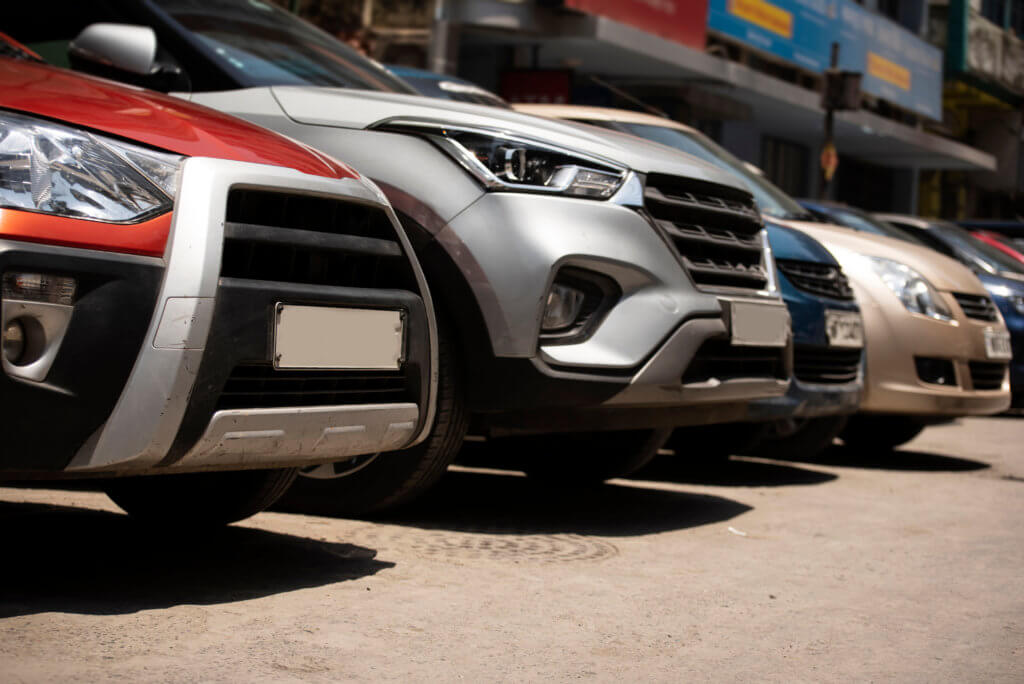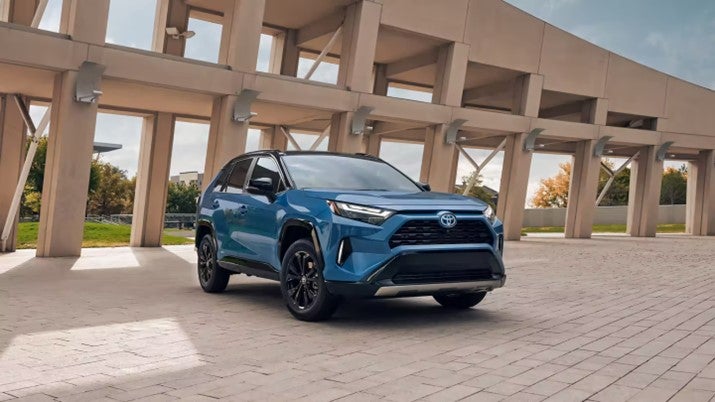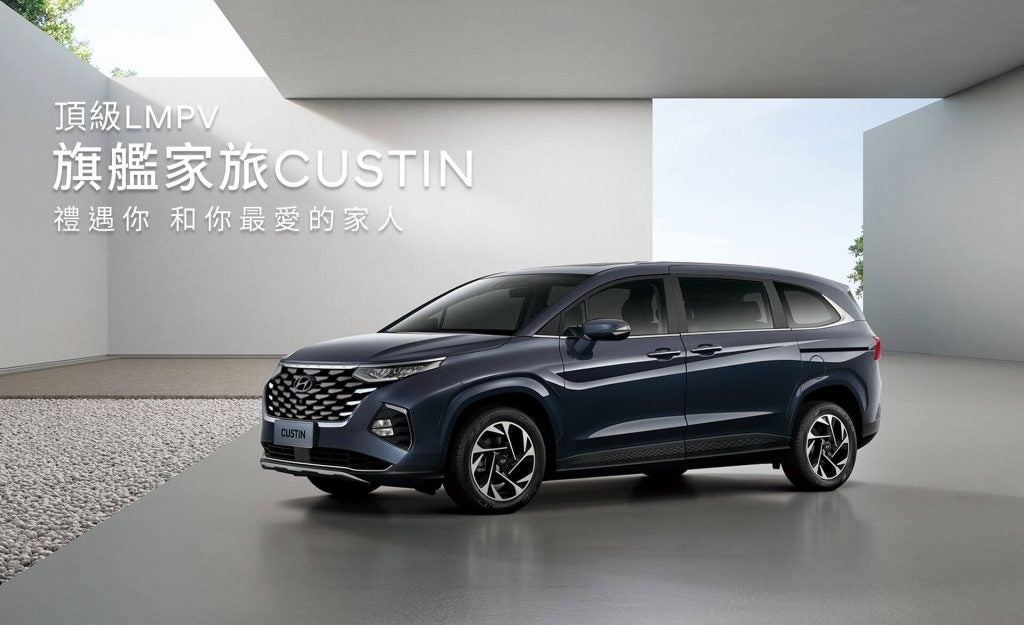
Sales of imported light passenger vehicles in South Korea fell slightly to 23,350 units in August 2023 from 23,850 units a year earlier, according to the Korea Automobile Importers & Distributors Association (KAIDA). The data did not include some non affiliated brands, including Tesla.
The market for imported vehicles continued to cool off last month amid sluggish consumer spending, following sharp interest rate hikes by the central bank over the last year from 1.25% to 3.5%.
Some importers also indicated sales continued to be held back by low stock of some key models.
Sales by domestic vehicle manufacturers also declined in August by 1% to 106,856 units.
In the first eight months of the year, import sales were also slightly lower at 175,177 units from 176,282 in the same period of 2022 with German owned brands accounting for 75% of the total. BMW continued to lead this segment with YTD sales unchanged at 50,341 units while Mini volume plunged 18% to 6,264 units.
Mercedes-Benz sales were down 6% at 47,405 units year to date despite the recent launch of the EQB SUV and the EQE and EQS battery-powered sedans.
Volkswagen sales plunged 32% to 5,852 units while Audi sales were just slightly higher at 12,691 units and Porsche sales were up 39% at 8,290 units.
Volvo reported a 28% rise to 10,952 units year to date with the company planning to launch its EX90 electric SUV later this year. The local distributor earlier this year revealed plans to invest US$85m to strengthen its sales and aftersales network.
Lexus reported the strongest gains among all brands YTD, of 125% to 9,129 units; followed by Land Rover with a 113% jump to 3,778 units. Toyota sales rose by 27% to 5,333 units, helped by the recent introduction of the RAV4 plug-in hybrid (PHEV) and the Crown hybrid crossover vehicles as part of the company’s plans to launch eight new models under the Toyota and Lexus badges in 2023.





